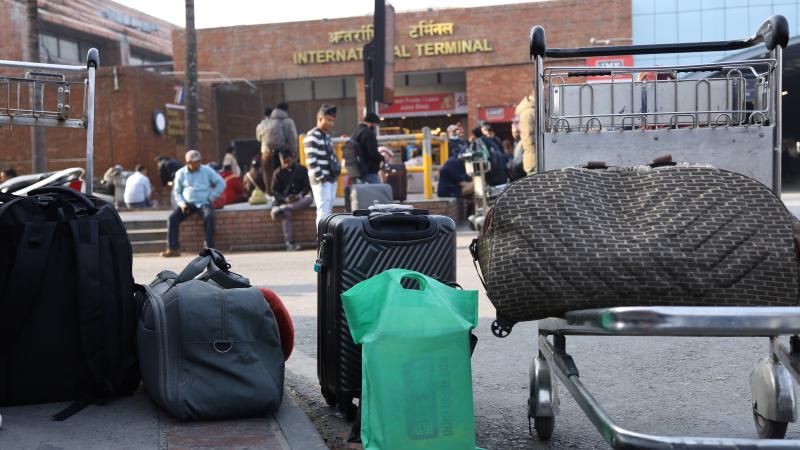California removes most COVID-19 restrictions but Newsom keeps emergency powers
Gov. Gavin Newsom says the COVID-19 pandemic isn’t over.
Even though Californians will be able to fill stadiums, concert venues, bars and restaurants, Gov. Gavin Newsom says the COVID-19 pandemic isn’t over.
Newsom signed orders rescinding mask mandates, business restrictions and the tiered reopening phases that ebbed and flowed with infection and hospitalization rates, beginning Tuesday.
“California is turning the page on this pandemic, thanks to swift action by the state and the work of Californians who followed public health guidelines and got vaccinated to protect themselves and their communities,” Newsom said earlier this month.
The state’s “Beyond the Blueprint” doesn’t include Newsom relinquishing his emergency powers, which were bestowed to him by a declaration signed in March 2020 and repeatedly renewed since.
“The emergency remains in effect after June 15,” Newsom said at a news conference. “We’re still in a state of emergency. This disease has not been extinguished. It’s not managed. It’s not taking the summer months off.”
What that means is that Newsom keeps his hand on the levers of government restrictions, including business closures and mask mandates, even though the consistent decline in infections and hospitalizations are at lows not seen since the beginning of the pandemic. It also opened Newsom, a Democrat facing a recall election, to criticism from Republicans who have labeled his restrictions as heavy-handed.
“If Newsom believes the state is safe enough to reopen, then it’s safe for people to be able to make decisions for themselves without his arbitrary and capricious rules,” Senate Republican Leader Scott Wilk, R-Santa Clarita, said in a June 4 statement. “I believe it is time for him to hang up his crown and restore our democracy. In California, we don’t grow bananas, so there’s no need for a banana republic.”
Wilk is seeking to end the governor’s emergency powers by legislative means.
While the news that Newsom would retain his emergency powers did invite criticism, it’s not an uncommon move. Republican Gov. Greg Abbott of Texas is keeping his emergency powers through July 4. Hawaii Democrat David Ige’s most-recent emergency declaration renewal lasts until Aug. 4. It’s not uncommon for disaster declarations to stretch beyond the events so that administrative actions can tie loose ends, especially at a federal level.
What Newsom gains by keeping California under a state of emergency are federal funds. An April analysis by the Congressional Research Service said programs such as enhanced federal food assistance and other emergency functions that federal dollars wouldn’t otherwise match would be lost if the state-of-emergency lapses.















